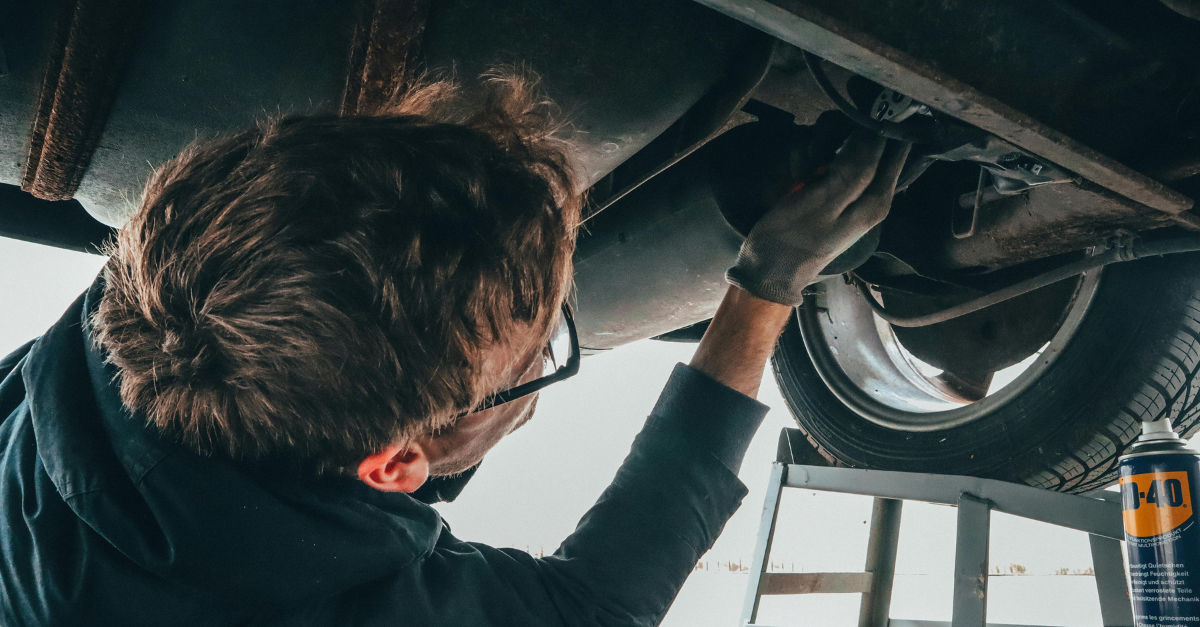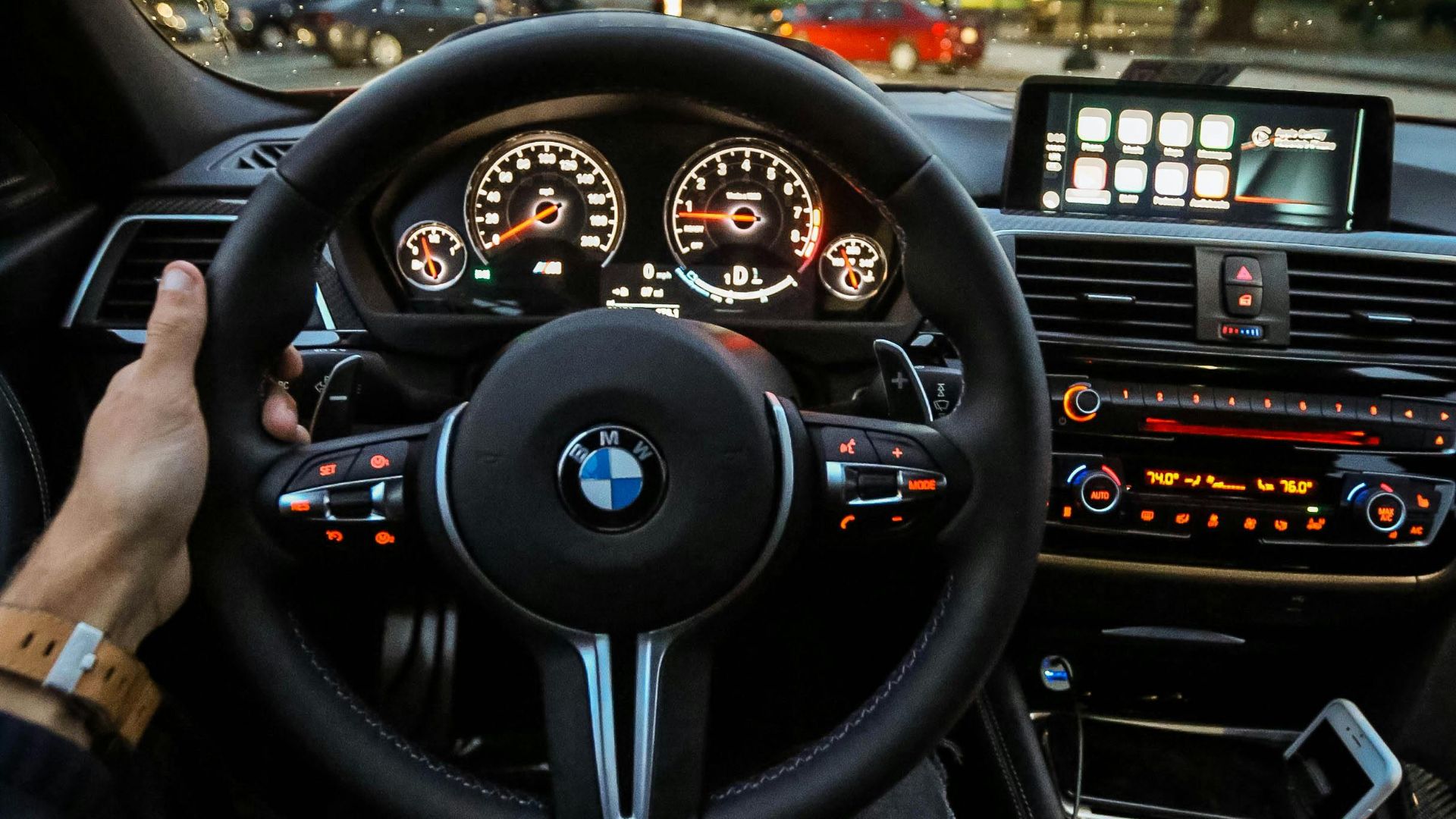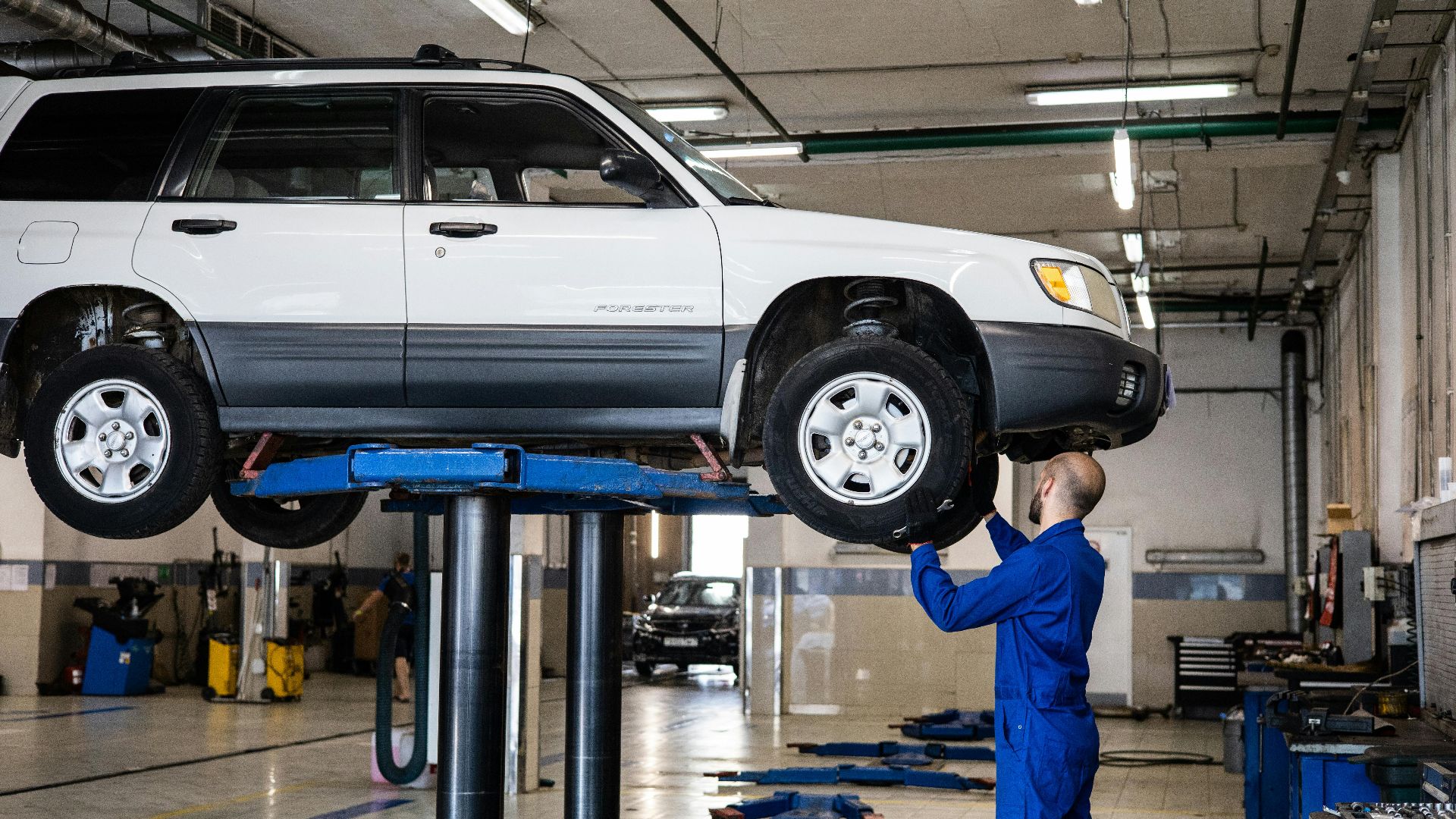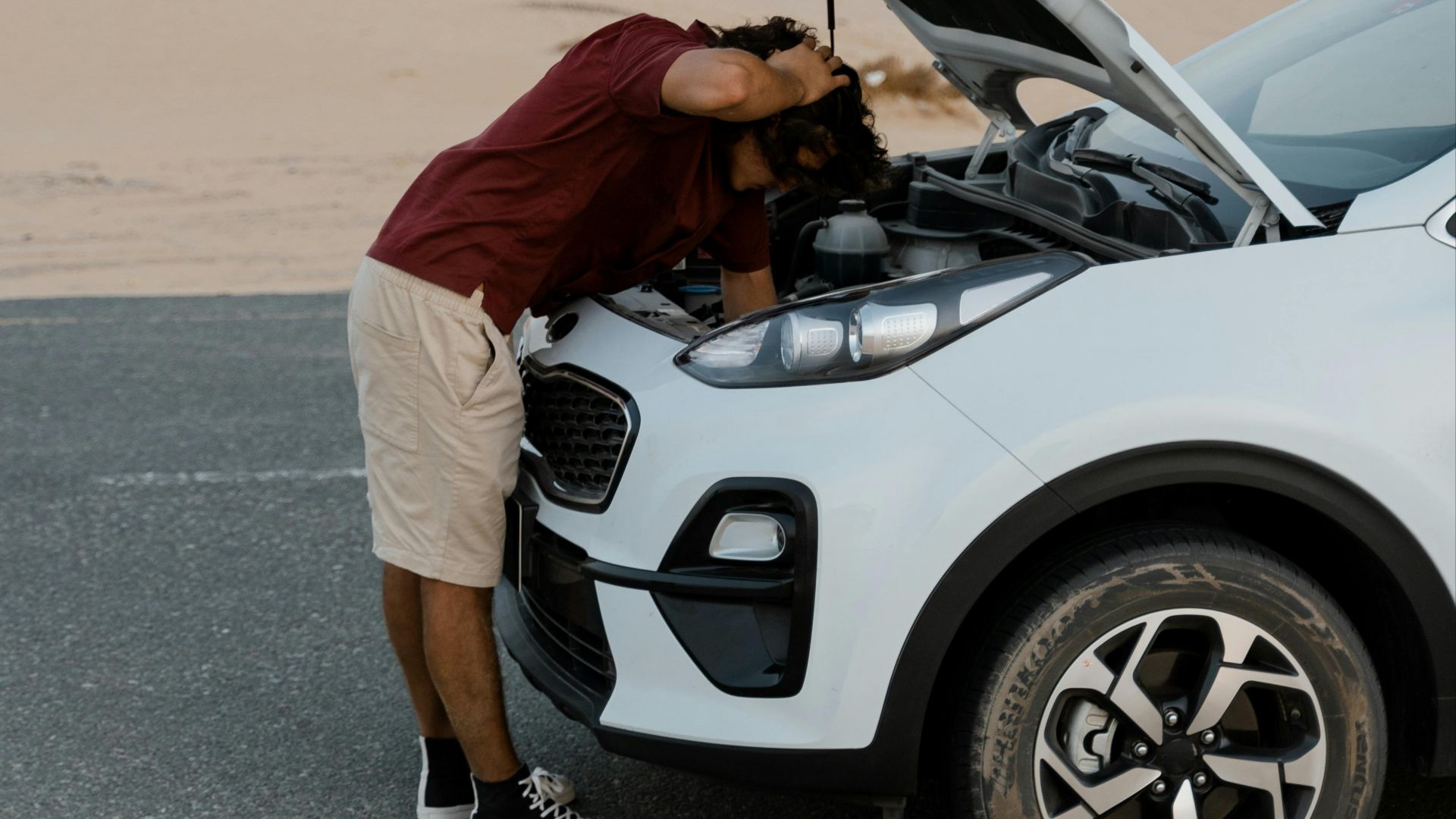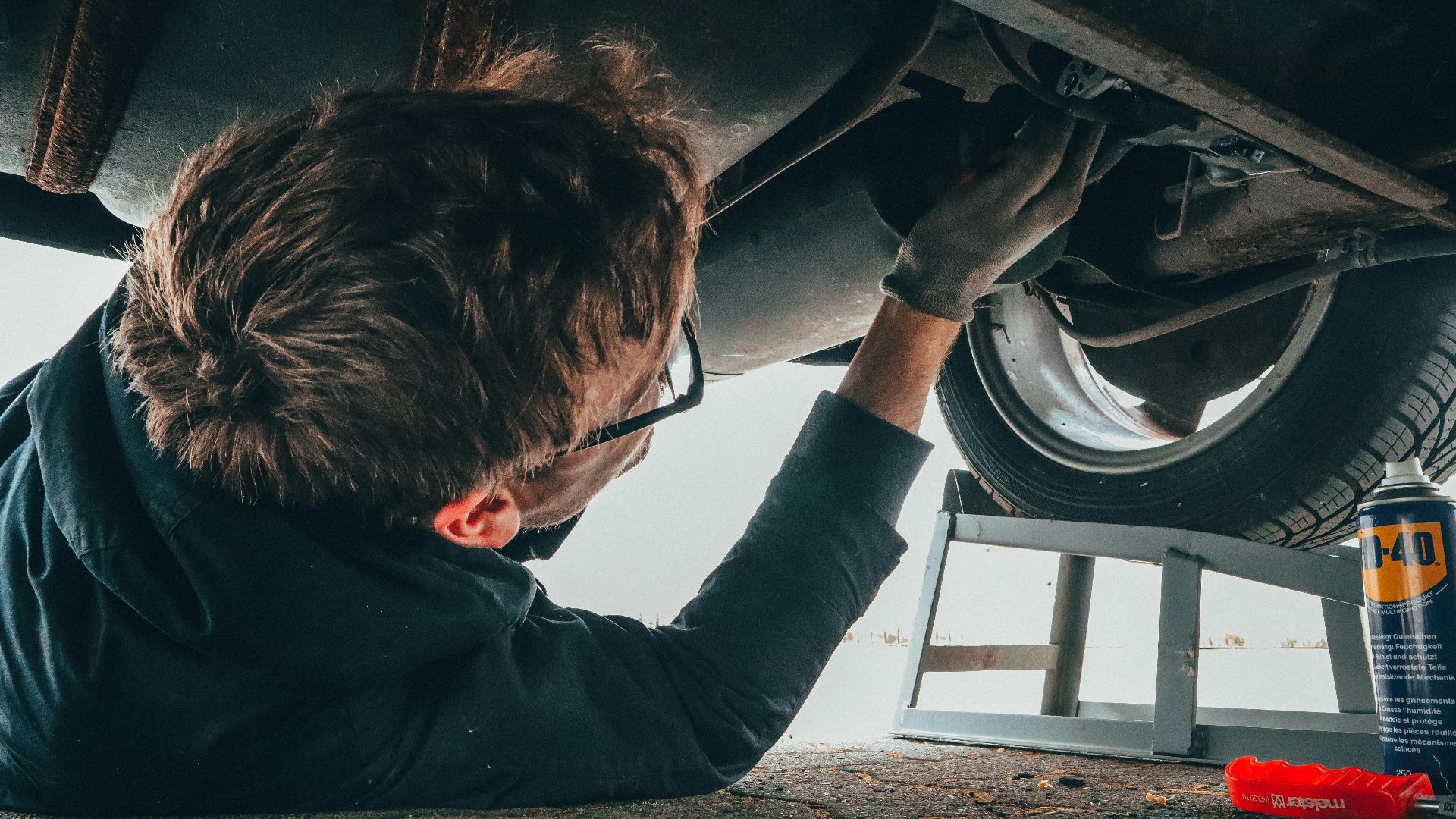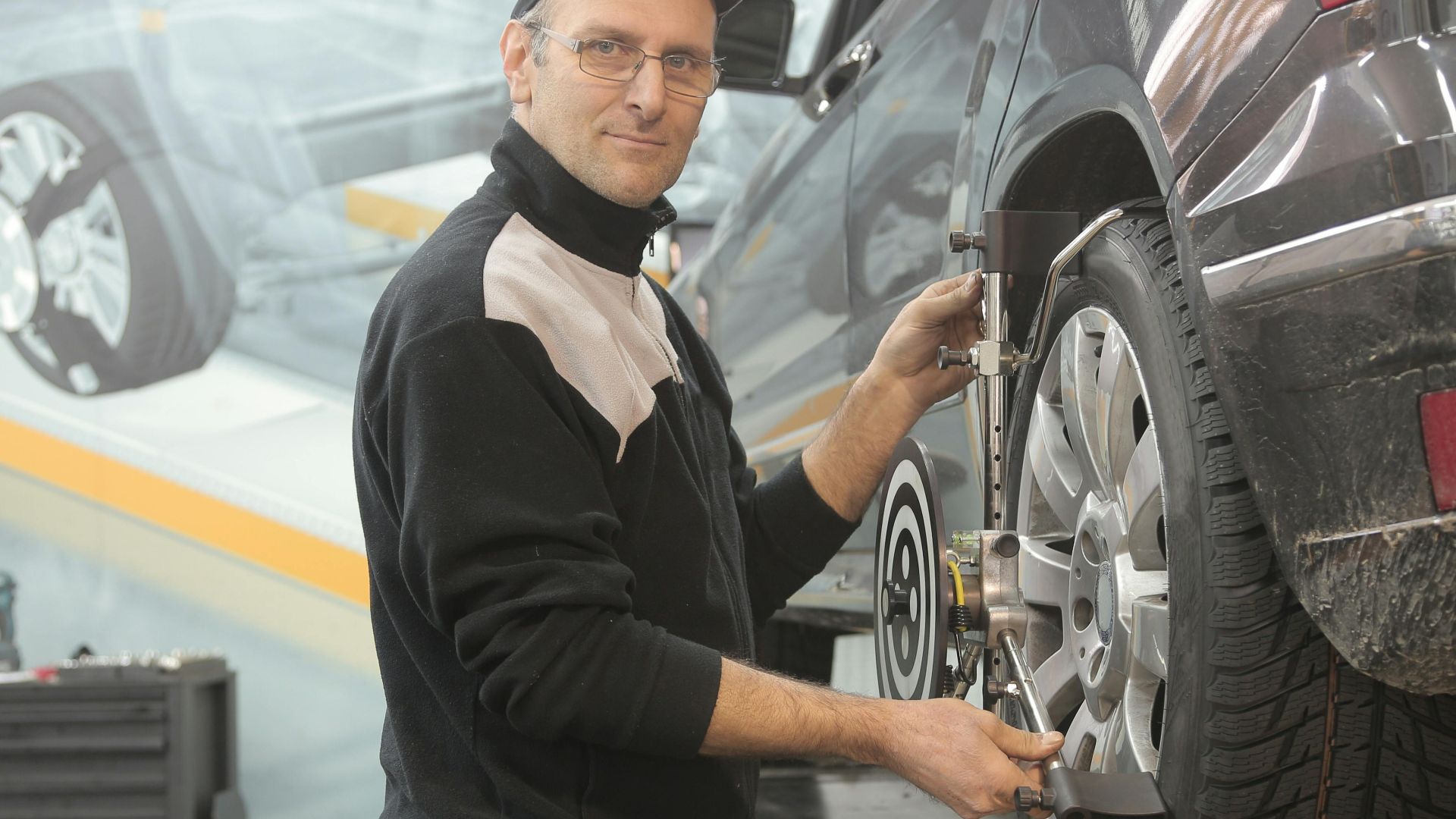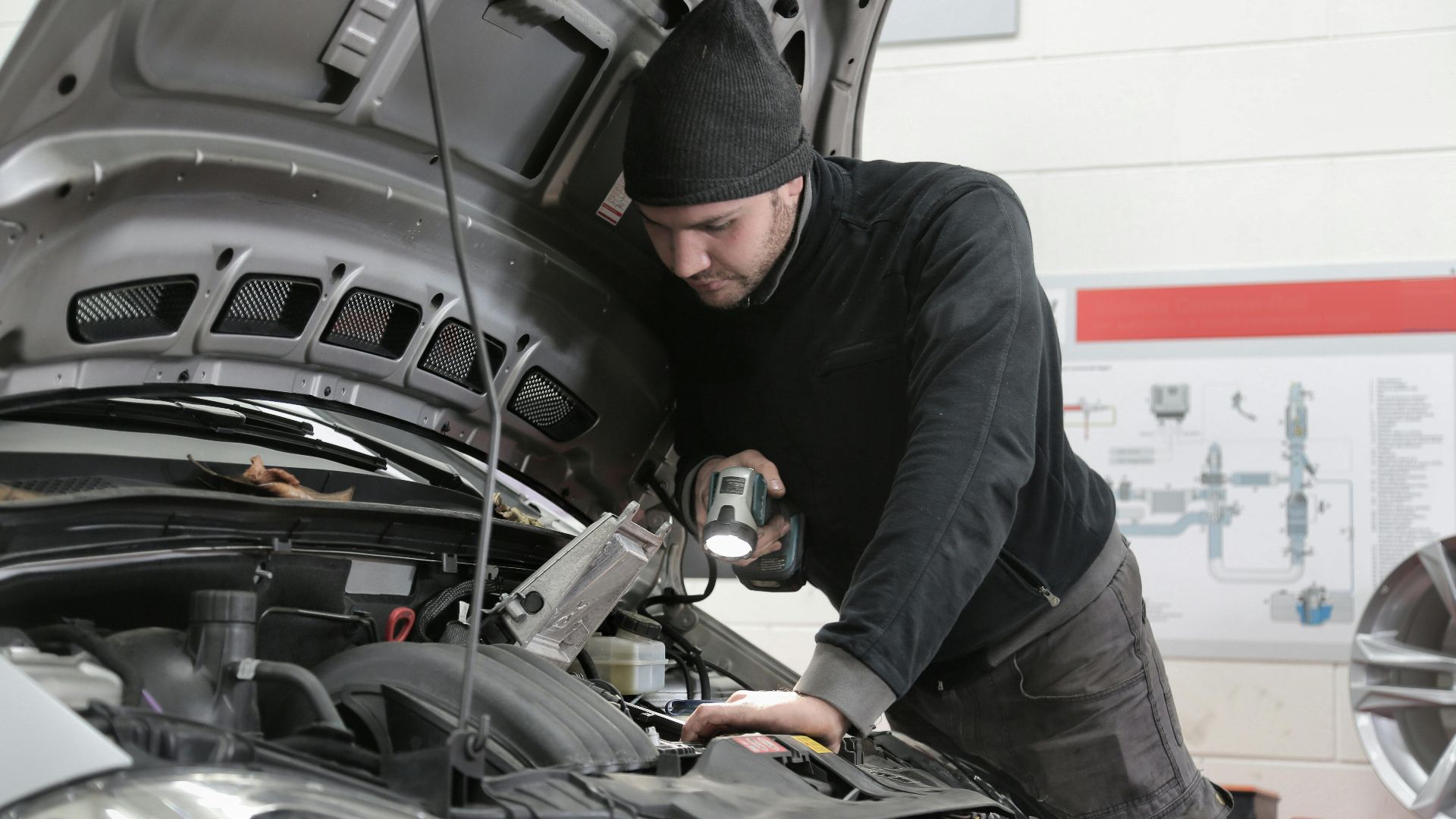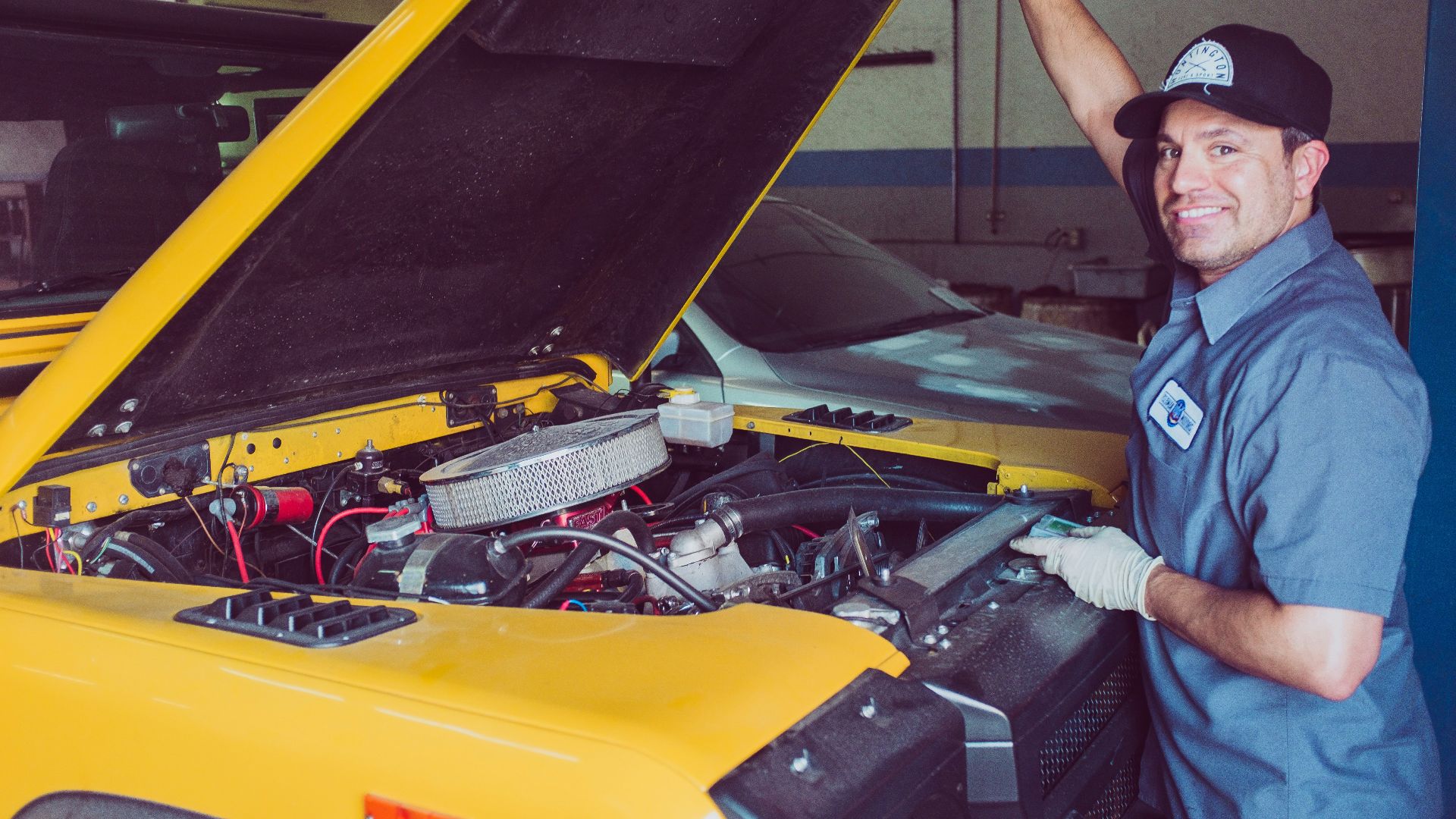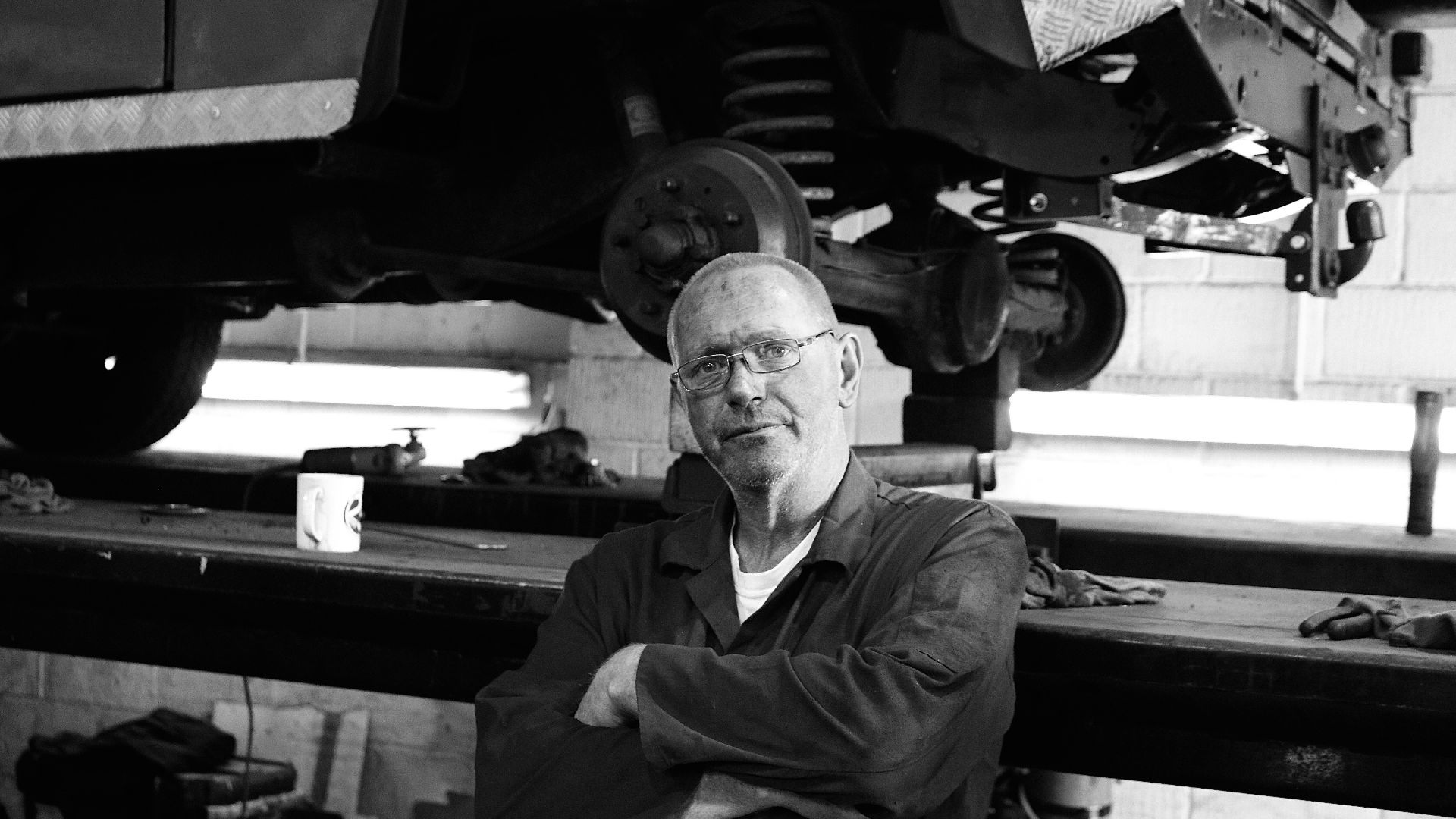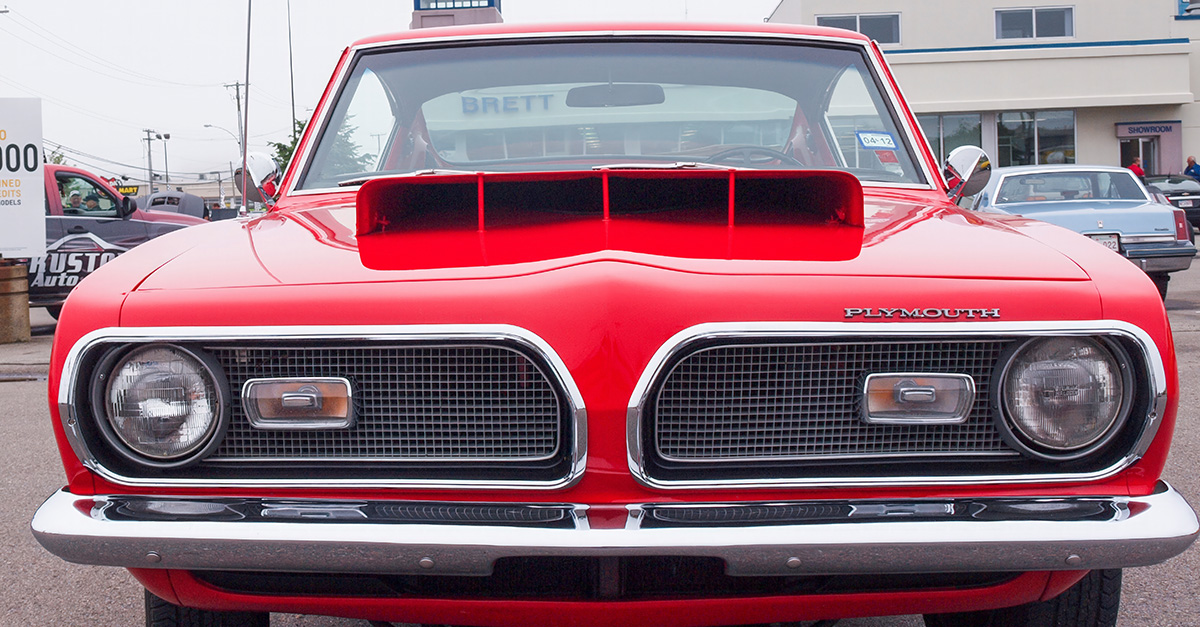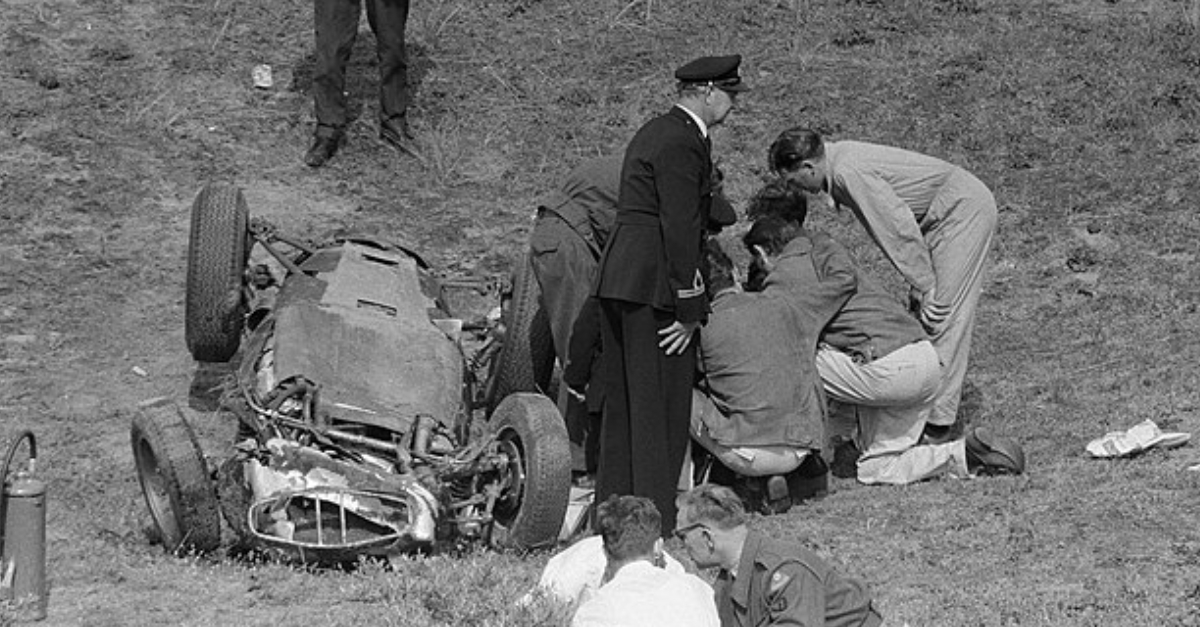When Your Car Screams “Help Me”—and You Really Should Listen
Cars love to give little hints when something’s wrong—some subtle, some not-so-subtle, and some that feel like your vehicle is yelling at you from under the hood. The trick is actually paying attention before those small clues turn into big, wallet-draining disasters.
Below are ten signs your car needs help ASAP, what each one actually means and what could happen if you pretend you didn’t see (or hear or smell) it.
Check Engine Light Is On (Or Flashing)
A steady check-engine light usually means the car’s computer spotted something that isn’t working right. A flashing light is your car’s version of screaming—often a misfire that can damage the catalytic converter if you keep driving.
Check Engine Light Is On (Or Flashing)—Fix Or Flop
A mechanic will run a quick scan to see which part is acting up, whether it’s a sensor, spark plug or something in the ignition. If you ignore it, a cheap fix can turn into a huge repair bill, and your engine or emissions system could take a serious hit.
 Jose Ricardo Barraza Morachis, Pexels
Jose Ricardo Barraza Morachis, Pexels
Strange Noises—Especially When Braking Or Turning
Squealing brakes usually mean the pads are worn out, while grinding means metal is rubbing on metal—and that’s never good. Clunks during turns or over bumps often mean the suspension or ball joints are getting tired.
Strange Noises—Especially When Braking Or Turning—Fix Or Flop
A tech will check your brakes, rotors and suspension to see what’s worn. If you wait too long, you risk losing braking power, ruining expensive parts and dealing with a car that doesn’t steer or handle the way it should.
Fluid Leaks Under the Car
Puddles under your car are rarely good news—unless it’s just water from the A/C. Different colors mean different problems: coolant, oil, transmission fluid, brake fluid and more. Any of those leaking means something is failing.
Fluid Leaks Under the Car—Fix Or Flop
A mechanic will track down the leaky gasket, hose or seal and fix it. If you don’t, whatever system is losing fluid—engine, brakes, transmission—can burn up, overheat or fail completely.
Vibrations Or Shaking At High Speeds
If your car shakes like it’s nervous at highway speeds, your tires might be unbalanced or worn. It could also be your alignment or even warped brake rotors.
Vibrations Or Shaking At High Speeds—Fix Or Flop
You’ll need a tire, wheel, brake and alignment check to figure out what’s causing the wobble. Ignoring it means faster tire wear, worse gas mileage and, in extreme cases, losing control of the car.
Burning Smells Or Strange Odors
Smelling something weird? Burning oil means there’s probably a leak hitting something hot. A sweet smell usually means coolant is escaping somewhere. Rotten eggs or sulfur smells can mean trouble with the fuel system or catalytic converter.
Burning Smells Or Strange Odors—Fix Or Flop
A mechanic will look for leaking fluids, slipped belts or failing parts. Wait too long, and you could end up with overheating, snapped belts or even a fire hazard in the worst cases.
Smoke From the Engine Bay Or Exhaust
Smoke is a sign you should pull over and figure out what’s up. White smoke near the engine usually means overheating or a coolant leak. Blue smoke out the exhaust means your engine is burning oil. Black smoke means too much fuel is being burned.
Smoke From the Engine Bay Or Exhaust—Fix Or Flop
The shop will check the coolant, oil and fuel systems to see what’s failing. If you keep driving, you could blow a head gasket, crack the engine or total the motor entirely.
Poor Acceleration Or Hesitation
If your car feels lazy when you hit the gas, something’s off. It could be bad spark plugs, a clogged filter, failing sensors or even the transmission getting fussy.
Poor Acceleration Or Hesitation—Fix Or Flop
Repairs might be as simple as new spark plugs or as involved as a fuel-system or transmission fix. Ignoring sluggish acceleration usually makes the problem worse until you’re left with a car that can barely get moving.
Sudden Drop In Fuel Economy
If you’re burning through gas way faster than usual, something is dragging the system down—low tire pressure, bad sensors, sticky brakes or engine inefficiencies.
Sudden Drop In Fuel Economy—Fix Or Flop
A mechanic will check things like the oxygen sensors, brakes and tire pressure. If you don’t address it, you’ll waste a ton of fuel and might cause other parts to wear out faster.
Unresponsive Or Soft Brake Pedal
A mushy brake pedal means your brakes aren’t building the pressure they need. That could be due to air in the lines, a leak or even a failing master cylinder or brake booster.
Unresponsive Or Soft Brake Pedal—Fix Or Flop
Your brakes will need immediate attention, including checking the lines, fluid and cylinders. Waiting is seriously dangerous—soft brakes can quickly become no brakes.
Transmission Slipping Or Shifting Roughly
If your car revs without accelerating, hesitates between gears or shifts with a jerk, your transmission is trying to tell you something. This is one of those issues that only gets worse with time.
Transmission Slipping Or Shifting Roughly—Fix Or Flop
Sometimes a fluid change or new sensor is all it takes, but other times you may need bigger internal work. Putting it off can easily turn a minor fix into a full transmission rebuild or replacement, which is about as pricey as repairs get.
Final Word
Your car won’t fix itself—and the longer you ignore the warning signs, the more painful the repair bill becomes. Catching these issues early saves money, stress and maybe even the car itself. So if your ride is showing any of these signs, don’t wait. Get it checked out before a small problem becomes a giant one.
You May Also Like:
Three Great Cars For College Students
Baby Boomers Are Scared To Admit They Secretly Admire These EVs
I bought a used car from a private seller and it broke down a week later. Can I get my money back?
Source: 1

